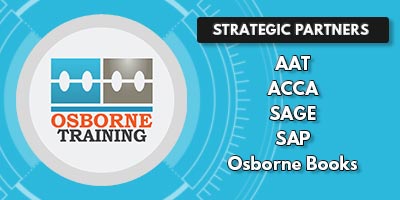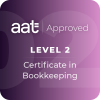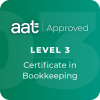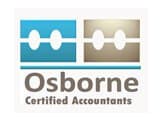
Demystifying Tax Preparation: A Beginner’s Guide to Key Concepts
Whether you’re a recent graduate entering the workforce or a small business owner managing your finances, understanding the basics of tax preparation is essential.
In this blog post, we’ll unravel key concepts in tax preparation to empower you with the knowledge needed to effectively manage your taxes and ensure compliance with tax authorities.
What is Tax Preparation?
Tax preparation involves the systematic organization, calculation, and submission of taxes to the relevant tax authority.
It encompasses gathering pertinent financial information, such as income, deductions, and credits, and using it to complete and file tax returns accurately and punctually.
Whether you’re an individual taxpayer or a business entity, tax preparation is an indispensable aspect of financial management.
Understanding Tax Terms
To navigate tax preparation effectively, it’s crucial to acquaint yourself with common tax terms:
- Income: Revenue earned from various sources, including employment, self-employment, investments, and rental properties.
- Deductions: Allowable expenses that reduce taxable income, such as pension contributions, charitable donations, and business expenses.
- Credits: Tax incentives that directly reduce the amount of tax owed, such as the Earned Income Tax Credit and Child Tax Credit.
- Filing Status: Your marital status and family situation, which determine how you file your tax return.
Types of Taxes
Taxes come in various forms, each serving distinct purposes:
- Income Tax: Levied on individuals’ earnings, with rates varying based on income levels. Income tax contributes significantly to funding public services and welfare programs.
- Sales Tax: A consumption tax applied to the sale of goods and services at the point of purchase.
- Property Tax: A tax imposed on the value of real estate or personal property, used to fund local government services.
- Corporate Tax: Applicable to the profits of companies, with rates varying by jurisdiction.
Tax Filing Process
Filing taxes follows a systematic procedure:
- Gather Documentation: Assemble relevant financial documents, including income statements, receipts, and records of deductible expenses.
- Choose a Filing Method: Decide whether to file your taxes independently using tax preparation software or seek assistance from a professional tax preparer.
- Complete Tax Returns: Fill out the appropriate tax forms, ensuring accuracy and completeness.
- Calculate Tax Liability: Determine your taxable income, deductions, and credits to ascertain the amount of tax owed or refund due.
- Submit Tax Returns: File your tax return by the deadline and pay any taxes owed to the relevant tax authority.
Tax Deductions and Credits
Maximizing deductions and credits can help reduce your tax liability:
- Standard Deduction: A predetermined amount that taxpayers can subtract from their taxable income.
- Mortgage Interest Deduction: Deductible interest paid on mortgage loans for a primary residence or second home.
- Child Tax Credit: A credit available to taxpayers with qualifying dependent children.
Tools and Resources for Tax Preparation
Various tools and resources can aid in tax preparation:
- Tax Preparation Software: User-friendly software programs guide you through the tax filing process and help maximize deductions and credits.
- Tax Professionals: Certified public accountants (CPAs) and tax advisers offer expert guidance on tax planning and compliance.
- Tax Authorities’ Websites: Government websites provide valuable resources, including tax forms, publications, and interactive tools.
Importance of Accuracy and Compliance
Maintaining accuracy and compliance in tax preparation is essential to avoid penalties and legal repercussions.
Ensure all income is reported, deductions are legitimate, and tax returns are filed correctly and on time.
Conclusion
Tax preparation may seem daunting, but with foundational knowledge and proper guidance, you can navigate the process with confidence.
By understanding key tax concepts, utilizing available resources, and adhering to compliance requirements, you can effectively manage your taxes and achieve financial peace of mind.
We hope this beginner’s guide has provided valuable insights into tax preparation.
Remember, proactive tax planning and timely compliance are essential for a healthy financial future.
Want to build your career in Accountancy? Browse our AAT Accredited accountancy courses here.






